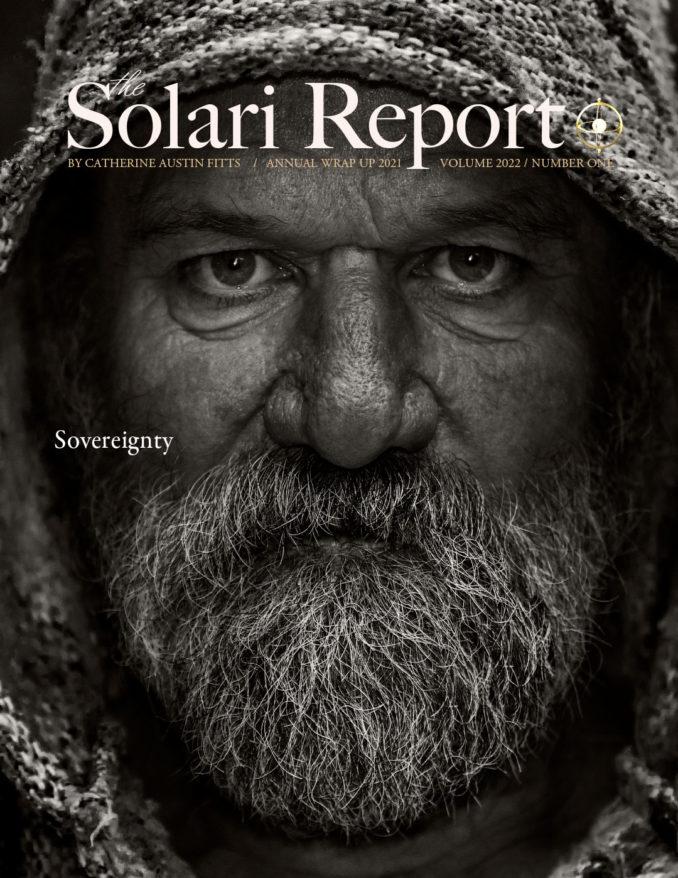
“This is a very engineered event.“
~ John Titus
By Catherine Austin Fitts
This coming week, we complete the publication of our 2021 Annual Wrap Up with the theme Sovereignty: A Primer on How to Lose Your Country in Two Simple Steps with John Titus.
In our discussion, we examine the likely loss of U.S. sovereignty as the Federal Reserve moves to adopt a central bank digital currency (CBDC) in accordance with the wishes of globalist bankers. John suggests that we need to look to history to understand how what is happening today is in reality the American Revolution playing in reverse.
The American Revolution represented the ouster of a tyrannical sovereign not bound by any law—the rule of man—followed by the installation of “We the People” as the sovereign in the form of a constitutional government that operated under the rule of law. In contrast, the financial coup d’état and trillions in missing money that began in the late 1990s, followed by the financial bailouts of 2008, and now the pandemic fraud, represent the takedown of “We the People” and the reinstallation of rule by a self-styled “elite”—led by central banks—that is unanswerable to law and admittedly criminal.
This presentation of our Wrap Up theme offers a clear-eyed analysis of why we need to, in the words of Robert F. Kennedy, Jr., “resist, resist, resist,” protect our Constitutions, and create vibrant local communities and economies. Otherwise, the result will be the loss of national sovereignty as well as the reduction of people to the status of chattels.
To understand how and why we find ourselves at this critical juncture, we recommend the recent Solari publications on The State of Our Currencies, The Going Direct Reset, CBDCs, and Taxation: With or Without Representation as essential background reading.
In her Food for the Soul contribution to the Wrap Up, culture scout Nina Heyn considers depictions of law and justice in art, ranging from the stele with the Code of Hammurabi to Hogarthian satire.
In Let’s Go to the Movies, I recommend—not for the first time—Syriana, a 2005 film that illustrates how engineered events and secret deals steer global politics. Syriana also provides insights on what happens to national leaders who dare to disobey the behind-the-scenes central authorities. You may also wish to check out Nina Heyn’s “Coup d’Etat Movie List” at the Sovereignty web presentation.
In Money & Markets this week, John Titus and I will cover the latest events and continue to discuss the financial and geopolitical trends we are tracking in 2022. E-mail your questions for Ask Catherine or post at the Money & Markets commentary here.
Please join us this Thursday, February 17, for the 2021 Annual Wrap Up: Sovereignty.
Talk to you Thursday!
Related Solari Reports:
2021 Annual Wrap Up: News Trends & Stories, Part I




























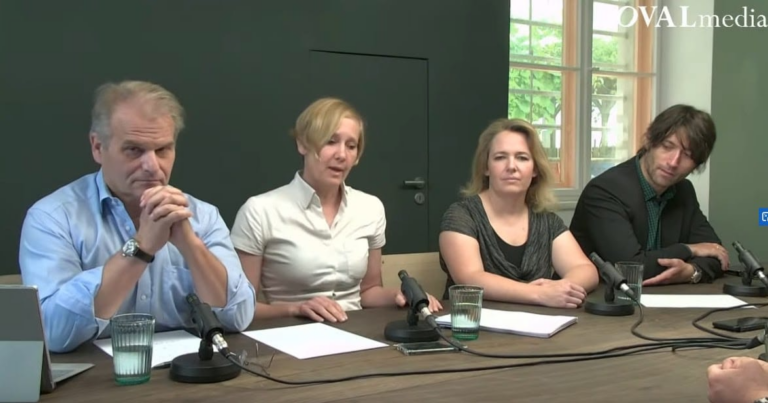


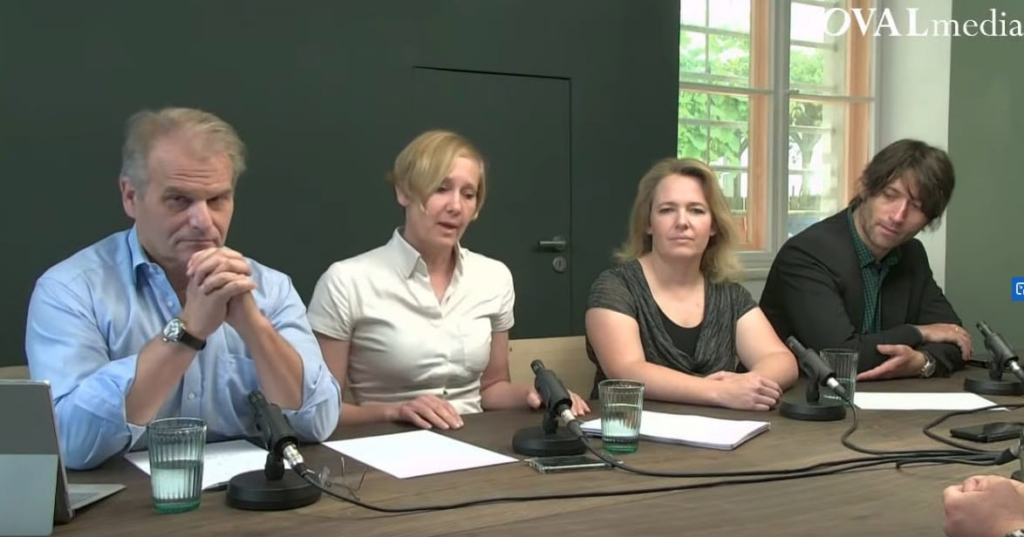






















































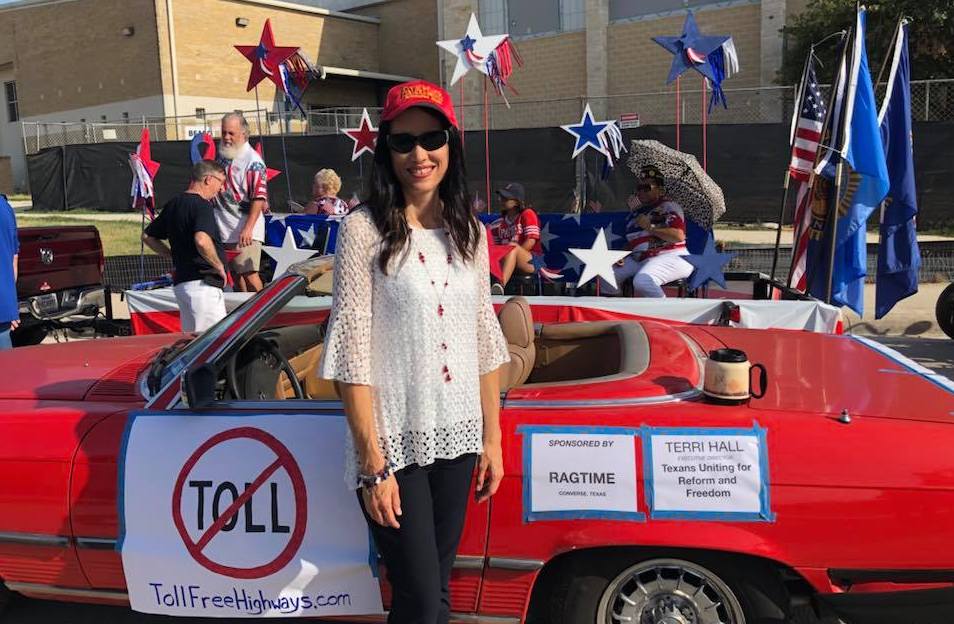





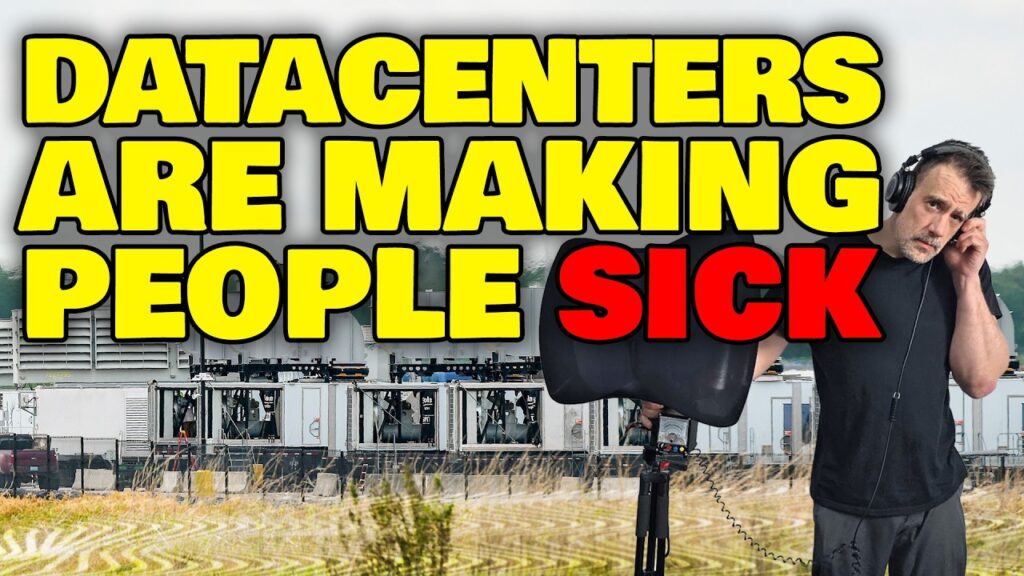





























Am I allowed to share the video called “Sovereignty” with john Titus?
Dennis:
This is subscriber only content. So can only be shared with your family or living mates and anyone else you would give access to your computer/password for now, so someone who comes over to watch it with you, but can not pass it on to non-subscribers.
Because these issues have important policy implications, I am inclined to make public after subscribers have had plenty of access.
Thank for asking,
Catherine
Catherine
Is it true that “Debt-money is extinguished when a loan is paid back?”
The banker created the loan from nothing, but gets to keep the cash when it is paid back. Typically, the borrower has to pay his banker from his employment earnings. The fruits of his labor is transferred to the banker. The payment is real, earned by the borrower. That payment is now the asset of the banker, who got something for nothing.
This is how the families who own the banks control the world.
Bennet
Good point made by Catherine regarding Secret Service, as you may recall in 1981 when Reagan was shot in DC, there was speculation that one of his detail actually fired the shot that hit him, not Hinkley, as a warning of some sort. Some people felt Reagan was a different person afterwards. I believe VP Bush was also a friend of Hinkley’s family.
First order of business has anyone ever discussed the difference between US Citizen and State National? We are a federation of fifty states. Each of which has it’s own constitution. Somehow the schools have made us believe we are US Citizens, but our birthright status is to be State National’s.
Which is outside of the territory of the federal government. As far as I can tell being a US Citizen is a voluntary election and every federal form has some indication that the form is for US Citizens or it has a check box for US Citizen. Where we can volunteer to be a US Citizen. Doing so make you a taxpayer… etc.
The obvious question is why would you do that?
Why did 40 US states (independently?) adopt health mandates defined by a former advisor to Hilary Clinton? Some of those laws remain in place today, including vaccine mandates.
https://scholarship.shu.edu/cgi/viewcontent.cgi?article=2019&context=student_scholarship
“The CDC, in collaboration with health law scholars from Johns Hopkins University and Georgetown University, drafted “The Model State Emergency Health Powers Act” (from here on, the “Model Act”) in 2001 as a nonbinding blueprint for the states to follow when revising their public health emergency laws. The Model Act’s drafting was motivated by the 9/11 terrorist attacks, SARS outbreak, and anthrax scare, which alerted lawmakers to holes in the public health infrastructure.”
https://en.wikipedia.org/wiki/Larry_Gostin